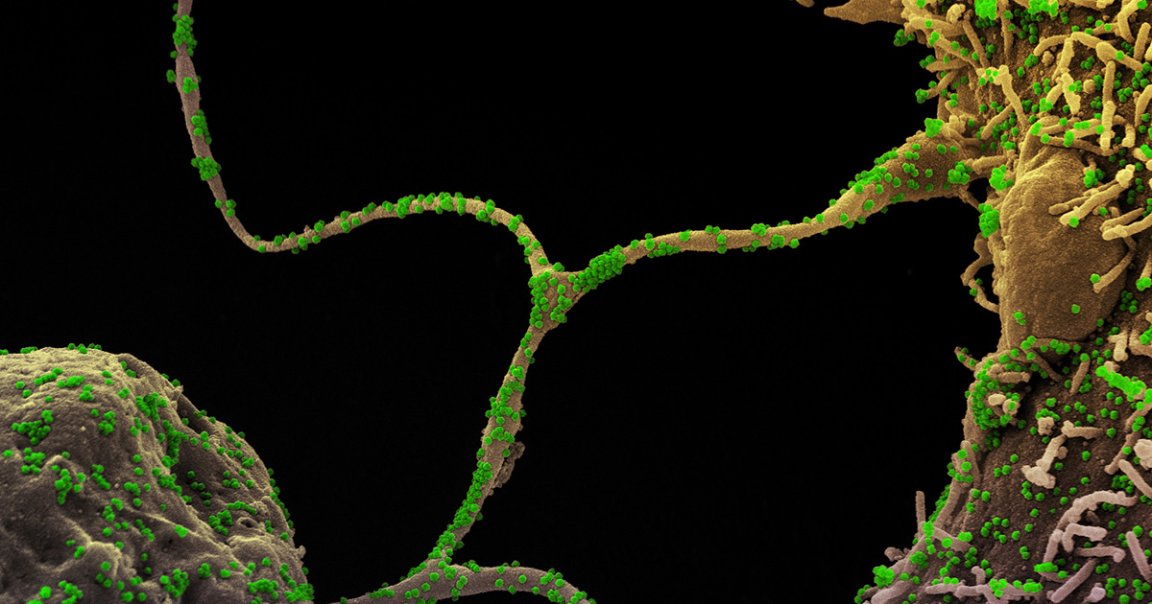
Almost 100 children in the UK are being hospitalized per week with pediatric inflammatory multi-system syndrome (PIMS), a rare and dangerous disease that can pop up weeks after COVID-19, The Guardian reports.
UK health authorities found that about one in 5,000 children experienced PIMS about a month after having COVID-19, even if they showed no symptoms during the coronavirus infection.
Symptoms of PIMS include rashes, fever, extremely low blood pressure, and abdominal problems. In the worst cases, these symptoms can lead to sepsis, a life-threatening condition in which infection-fighting processes turn on the body.
According to The Guardian, the frequency of these cases has increased during the second wave of COVID cases, with about 100 young people being admitted a week, as compared to just 30 per week during the first wave of COVID-19 in April.
Adding to the puzzle, doctors say, is that most of the hospitalized children were Black, Asian or other minority groups. Pediatricians are now trying to understand why.
“We are doing research to understand why this population is affected,” PIMS spokesperson for the Royal College of Pediatrics and Child Health Liz Whittaker told the newspaper.
“Genetics may be a player,” she added. “But we are concerned that it is a reflection of how this is a disease of poverty, that disproportionately affects those who cannot avoid exposure due to their occupation, multi-generational households and crowded housing.”
Fortunately, PIMS currently only seems to be affecting a tiny portion of children who have had COVID-19.
“It remains rare, and we don’t think parents should worry, as it is far more likely not to affect their child than to affect them,” Whittaker said.